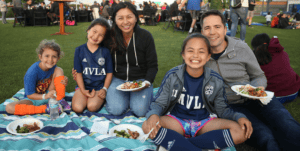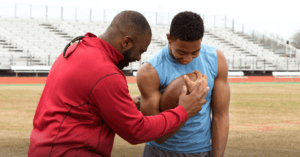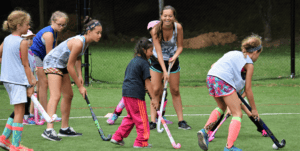Roundtables for Change: Advancing Gender Equity in Youth Sports Coaching
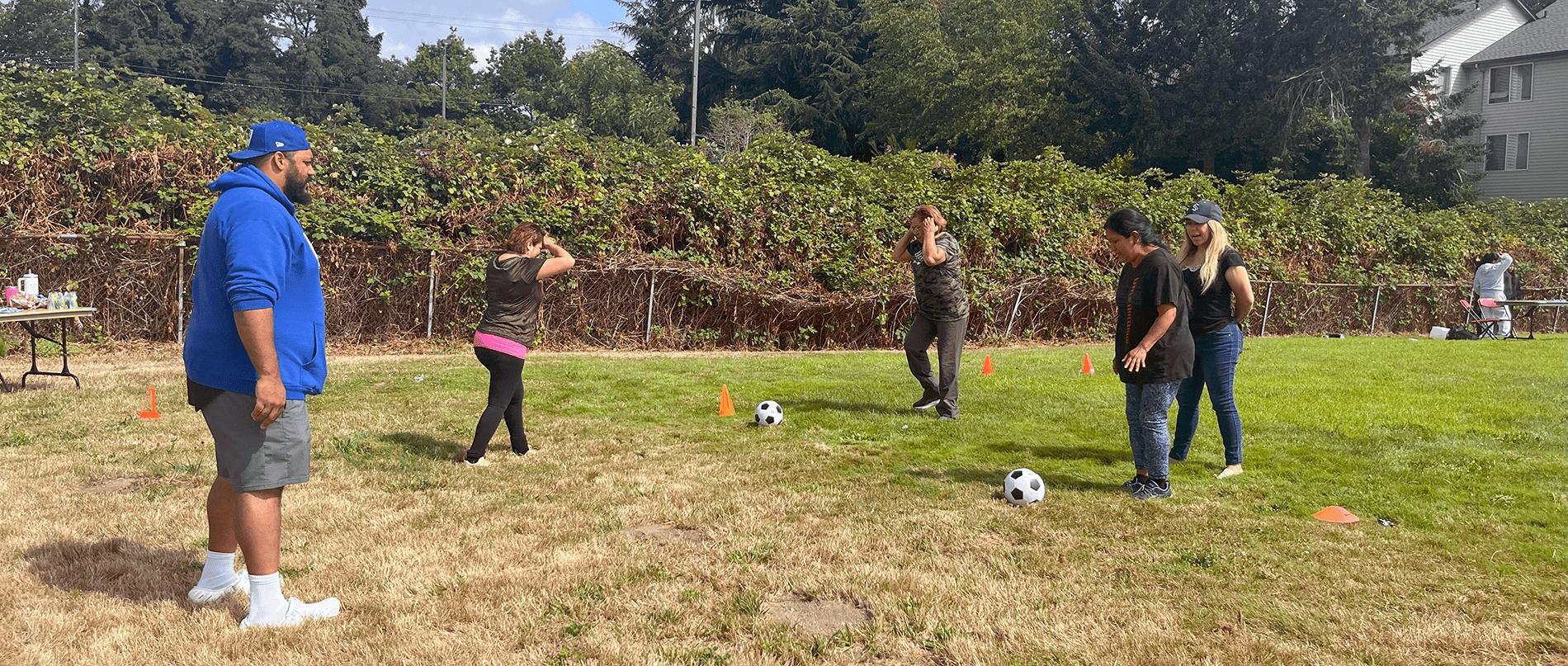
10.04.25
Over the past several months, PCA has hosted a series of community-rooted roundtable discussions in Boston, MA, and Burien, WA, with youth sports leaders, coaches, and athletic directors. These roundtables served as facilitated conversations designed to identify barriers and explore solutions for building more inclusive and equitable coaching environments. They mark the first deliverable in a national initiative supported by the NRPA Gender Equity in Youth Sports grant, funded by Nike, which aims to close the gender gap in youth sports participation by increasing opportunities for girls, especially those from marginalized communities, and expanding the diversity of role models in coaching. Our local projects in Boston and Burien focus specifically on culturally responsive strategies to recruit and support BIPOC women in coaching.
Each city hosted three roundtables, with sessions focused on cultural proficiency in coaching, recruiting and retaining volunteer coaches, and promoting gender equity in youth sports. While the challenges and strengths varied by location, a clear shared thread emerged: to create environments where girls and women thrive in youth sports, we must reimagine how we invite, support, and retain those who coach them, particularly those from historically underrepresented backgrounds.
In Burien, participants emphasized how language remains a significant and often overlooked barrier to participation. Spanish-speaking families and potential coaches are frequently excluded from recruitment and training efforts simply because materials are not translated or interpreters are not present.
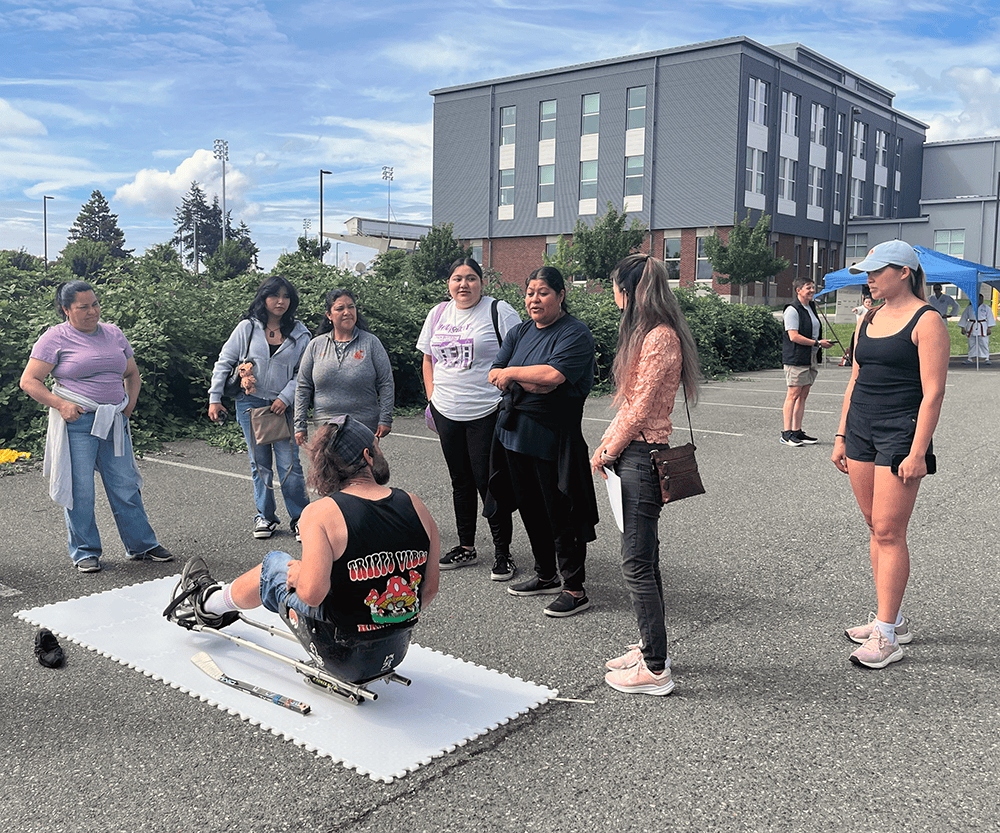
These barriers limit access and send a broader message about who coaching roles are “for.” Roundtable participants shared that when materials are accessible and outreach is relational—delivered through trusted community networks—new doors open. Equally important was the emphasis on culturally relevant mentorship, which can help foster a more profound sense of belonging for women of color considering or entering coaching roles.
Meanwhile, roundtable participants surfaced a promising practice already taking root in Boston: coaching teams. Rather than relying on one individual to shoulder the burden of leadership, these coaching teams offer peer mentorship, shared responsibilities, and a built-in support network. Especially in youth sports spaces that men have long dominated, women coaches described the impact of having a team they can lean on—emotionally, logistically, and professionally.
In the third and final session, which focused on gender equity in youth sports, participants in both cities reflected on how their early coaching experiences shaped their sense of identity and belonging. Many women shared that they were often the only female voice in a room, that they had to “prove themselves” in ways their male counterparts did not, and that biased assumptions from parents and community members created an ongoing emotional tax.
Despite these challenges, a powerful insight echoed across both cities: women continue to show up and stay in these roles when they are supported, affirmed, and—perhaps most importantly—directly invited to do so.
Several key elements of equity-centered coaching programs emerged from these conversations: women-led organizations are often the most effective at designing coaching pathways that reflect the lived experiences of the communities they serve; strong mentorship models that build trust and foster peer support are critical to retention; and representation begins with a simple ask. Asking women to coach and continuing to ask helps challenge internalized doubts and cultural narratives that have kept too many on the sidelines.
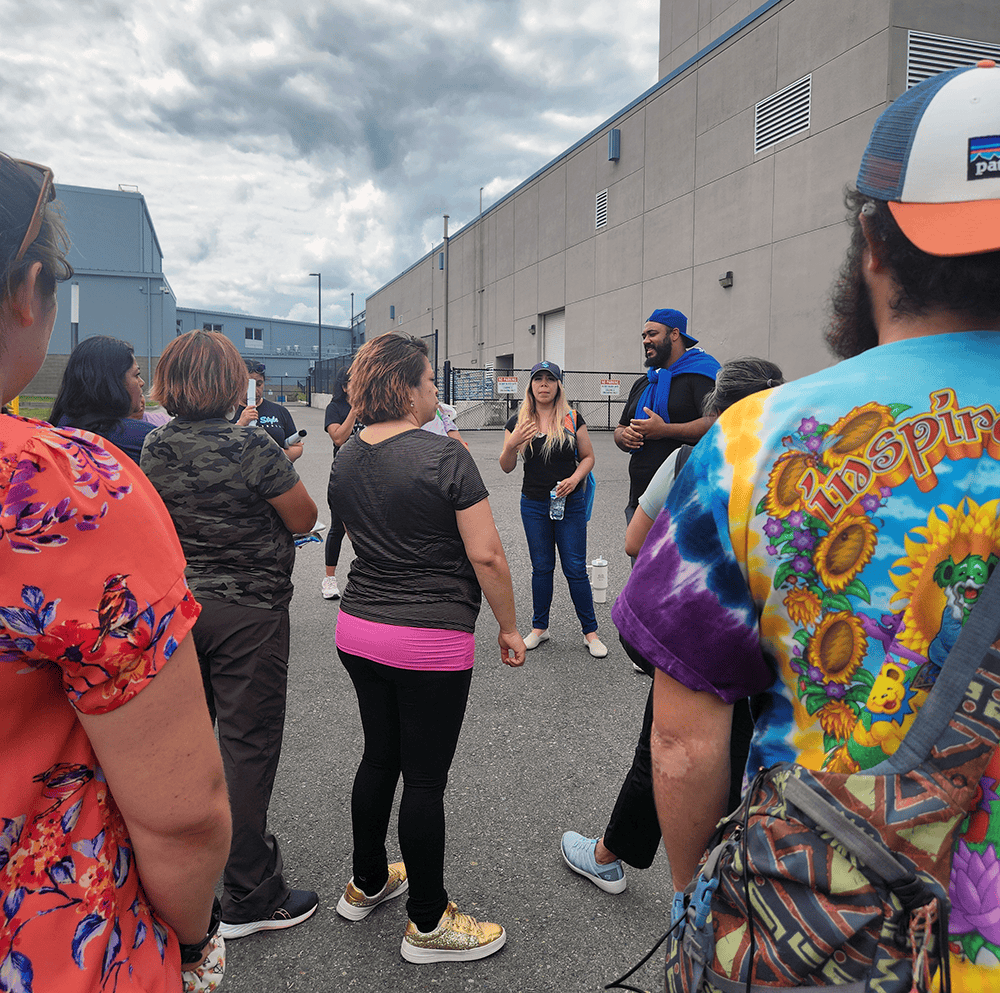
These roundtable conversations offered more than just insight, they built a sense of momentum and collective ownership. The Women Coach Symposiums in Boston and Burien were inspiring celebrations of women stepping into coaching roles and building community together. Through hands-on activities and deep community engagement, coaching felt accessible, exciting, and within reach for every participant.
In Burien, partnering with the King County Play Equity Coalition, the City of Burien Parks & Recreation, and a local mom group that launched a community food bank, helped activate a wave of community champions, filling the room with women ready to lead.
At the event in Boston, women left energized and determined to restart youth softball in South Boston, reviving a program that had been paused during the COVID-19 quarantine, with support from Boston Parks & Recreation and Let’s Play Boston.
Across both cities, the “learn a skill, teach a skill” activity helped demystify coaching and made stepping into leadership feel attainable. The energy, enthusiasm, and sense of possibility were palpable, proof that when communities are centered, voices are amplified, and support is intentional, women rise together and change the game.
With the support of NRPA and local partners in Burien and Boston, we’re excited to continue this journey toward a more inclusive and representative future for youth sports. For other cities looking to spark similar change, we invite you to join us, one roundtable at a time.
